Have you ever had one of those years where you came down with cold after cold, or had a flu virus that lingered for weeks and wouldn’t go away? If you have, you have firsthand experience of what it feels like when your immune system is compromised and your body is struggling to fight off infection and get you well again.
Now, imagine having virus after virus for the rest of your life, and not being able to fight them off. This is what happens when a person contracts HIV (human immunodeficiency virus), which becomes what we call HIV infection. When someone becomes infected with HIV, it attacks the body’s immune system and reduces the number of the white blood cells known as CD4+ cells in the body, which play an essential role in fighting off disease.
How HIV Infection Leads to AIDS
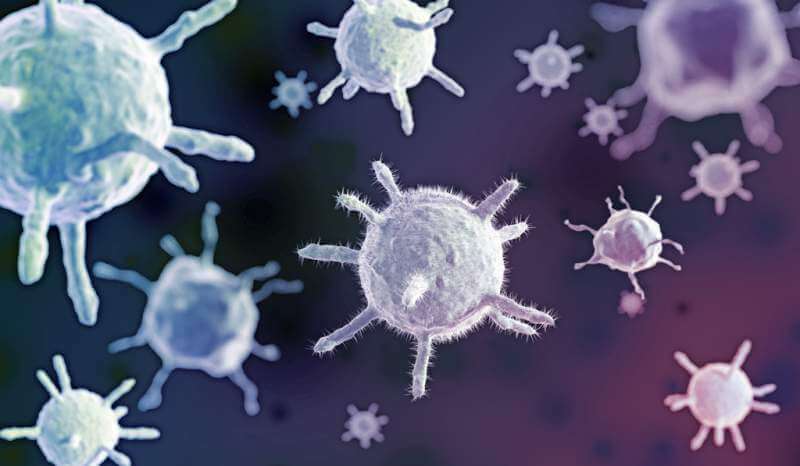
When you first contract HIV, you might feel like you have a cold or flu, but then the symptoms go away and the infection continues to develop and weaken your immune system for years without any obvious symptoms. If left untreated, HIV infection can develop into AIDS (acquired immunodeficiency syndrome) in approximately 10 to 12 years. At this stage, the CD4+ count in the body is very low, and you can contract serious illnesses that healthy people wouldn’t normally get, often resulting in early death.
Why Knowing Your HIV Status Is Important

According to UNAIDS statistics, AIDS-related illnesses claimed the lives of 1 million people in 2016, bringing the world total to 35 million deaths since the epidemic has been tracked. The tragedy is that most of these deaths could have been prevented if the initial HIV carriers simply knew that they were HIV positive and took measures to prevent spreading the virus further.
You might think that this doesn’t apply to you, but you could easily have the infection and not know it. According to UNAIDS’ global statistics, 40% of people in the world with HIV are not aware that they are HIV positive, and 1 in 7 in the U.S. HIV is spread by the exchange of blood, semen, pre-seminal fluid, vaginal fluid, anal fluid and breastfeeding. This means that you might have contracted the virus last time you had sex, got a tattoo, piercing or blood transfusion, or injected yourself with a used needle, and now be spreading it to others without even knowing. It certainly wouldn’t be a good feeling to discover that you were the one responsible for infecting your new boyfriend, girlfriend or child with a disease that could bring them to an early grave?
The good news is that once you know whether or not you are HIV positive (having the HIV infection), you can be upfront and honest with potential sexual partners and blood banks, avoid contracting or spreading the virus, and put your best foot forward for living a long and healthy life.
When Should I Get Tested?
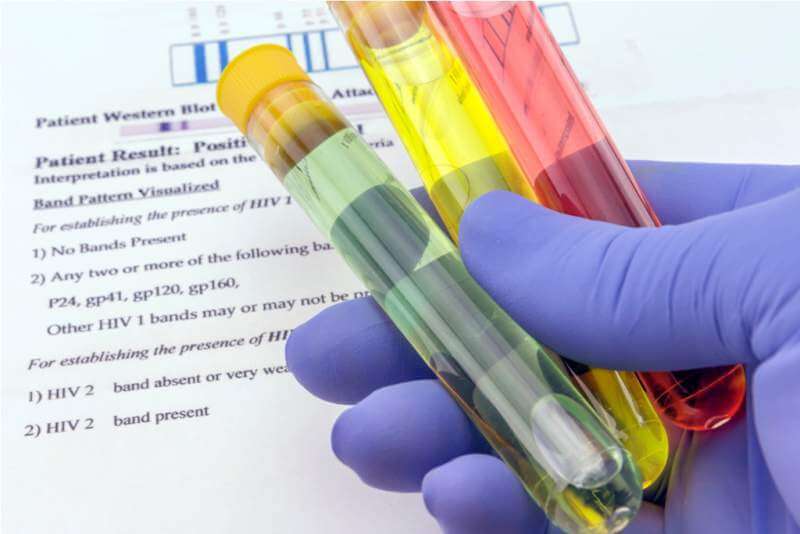
The CDC (Centers for Disease Control and Prevention) recommends that everyone between 13 and 64 get tested for HIV at least once (as soon as practicable), and those with high-risk factors should get tested every year, or even as frequently as every 3-6 months.
You should get tested for HIV immediately if, in the last 6 months, you have:
- slept with a person without knowing their sexual history and HIV status,
- exchanged sex for money or drugs,
- had an HIV positive partner,
- had anal sex,
- been injected with a used needle (this includes for tattoos and piercings as well as drugs),
- received a blood transfusion that may not have been screened for HIV,
- been diagnosed with another sexually transmitted disease (STD), or
- received treatment for hepatitis or tuberculosis.
Pregnant Mothers Should Make Testing a Priority
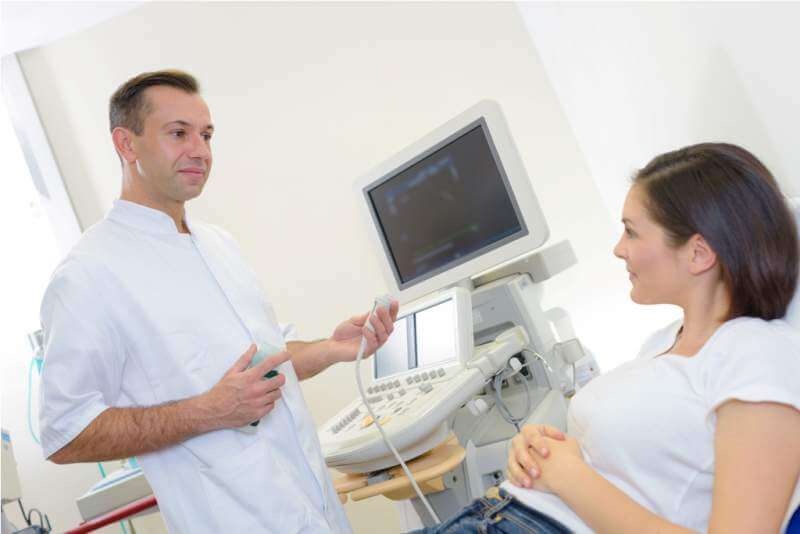
You should also get tested for HIV immediately if you are pregnant or trying to conceive, as the virus can be passed from mother to child in pregnancy, childbirth and/or breastfeeding. If you discover that you are HIV positive, there are things you can do to reduce the chances of passing this on to your child (see the US Department of Health and Human Services’ fact sheet for more information).
It’s also important to be tested before donating blood if you are not sure of your HIV status, so you don’t unintentionally infect the people who you are trying to help.
Be Aware of the Three-Month Window
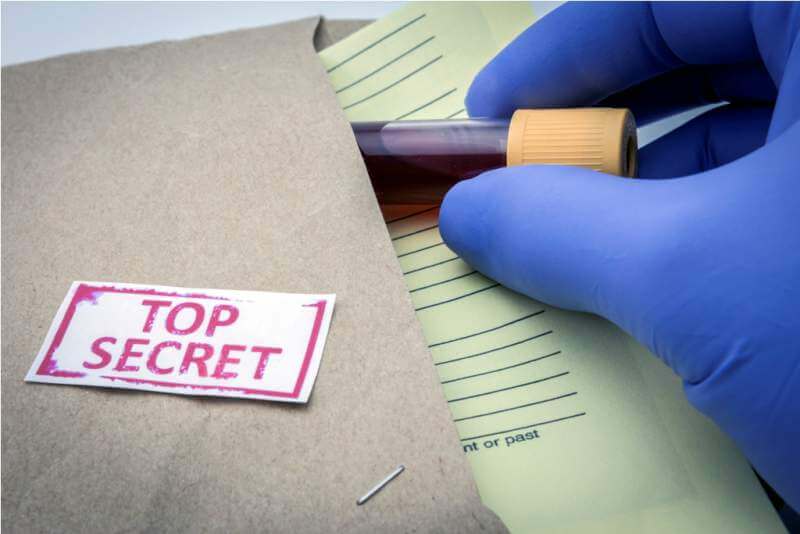
Be aware that it can take three months to test positive if you have contracted HIV, and you can transmit the virus to others in this window of time. With that in mind, the best time to get tested for HIV is three months after your last potential exposure.
How to Get Tested
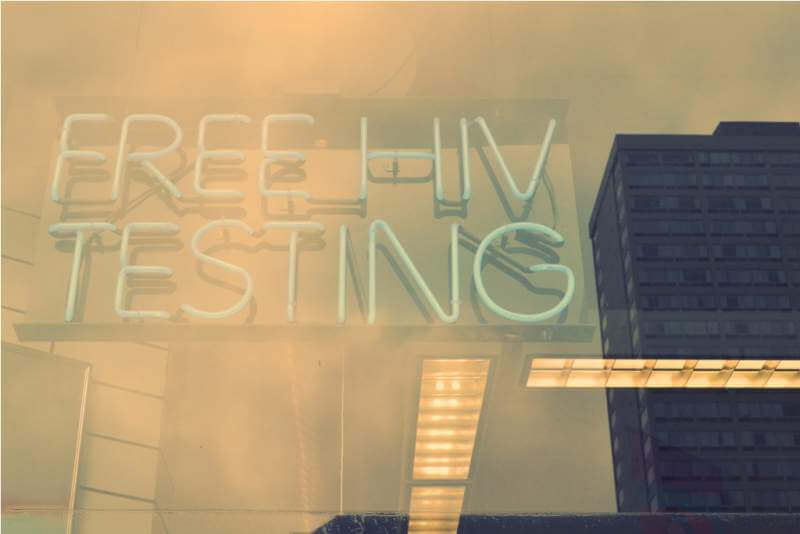
There are many places you can go to be tested for HIV. These tests can be either paid or free, and usually involve a blood sample or oral swab to check for HIV antibodies. The easiest way to get a lab order would be to go to your health clinic and see your doctor. Some clinics also offer rapid HIV testing (results in 20 minutes), which should be followed up with a lab test if the result is positive.
Other places where you may get tested for HIV include hospitals, community health centers, AIDS organizations, an STD lab, or at home with a saliva or finger-prick testing kit. At-home saliva kits will usually give you a near-instant result (which should be confirmed with a lab test), and finger prick blood samples will need to be sent off to a lab for processing.
If there’s a chance you might also have been exposed to other sexually transmitted diseases (STDs), you might want to get a complete STD panel done rather than HIV only. Then you can go ahead and treat anything you’ve got, and confidently disclose your medical history to any potential partners. These blood panels cost more than an HIV-only test, but it could be well worth the money if it means preventing further infections and serious complications that could occur if you have STDs that go untreated.
Results from lab testing can usually be given to you privately and online. Or, you may need to return to the doctor’s office when the clinic receives the results. In the U.S., labs and clinics have strict privacy policies, so you can be assured that your test and results won’t become public knowledge.
Once You Get Your Results

If it has been 3 months since your last possible exposure to HIV and your result comes back negative, you can rest easy. If the result comes back negative and you may have been exposed in the last 3 months (the window of time it takes to show up after infection), make sure you get tested again once 3 months have passed, and don’t have unprotected sex or donate blood until you know for sure.
If your result comes back positive (and it was a lab test or confirmed by a lab test), you don’t need to start despairing (your life isn’t over), but there are some things you need to do as soon as possible to give yourself the best chance of a long and healthy life.
Firstly, see your doctor to find out about treatment options to slow the infection’s progress and support your immune system. There are both pharmaceutical and alternative treatments, so it’s a good idea to familiarize yourself with the options and find a program (or combination) that will work for you. It’s important to realize that these will not cure the infection, but they will help.
Secondly, seek out support services such as counseling. Counseling services may be offered by your testing provider or community health service, or alternatively, you can find a list of state hotlines (in the U.S.) here.
Thirdly, prevent further spreading of the virus by disclosing your HIV positive status to potential sexual partners, use a condom, don’t share needles, stop donating blood, and find out about ways to avoid passing HIV to any future children if you are a woman in the childbearing years.
HIV Prevention Is Every Adult’s Responsibility
Preventing the spread of the HIV virus is every adult’s responsibility: know your status and prevent further transmission of HIV by being informed and acting smart.
Author Bio:
Larry Hayman is a freelance writer for STD labs, specializing in sexual and reproductive health. His mission is to raise awareness about the importance of early HIV detection through laboratory testing. In his free time, Larry volunteers in AIDS education and counseling in the US and abroad.
